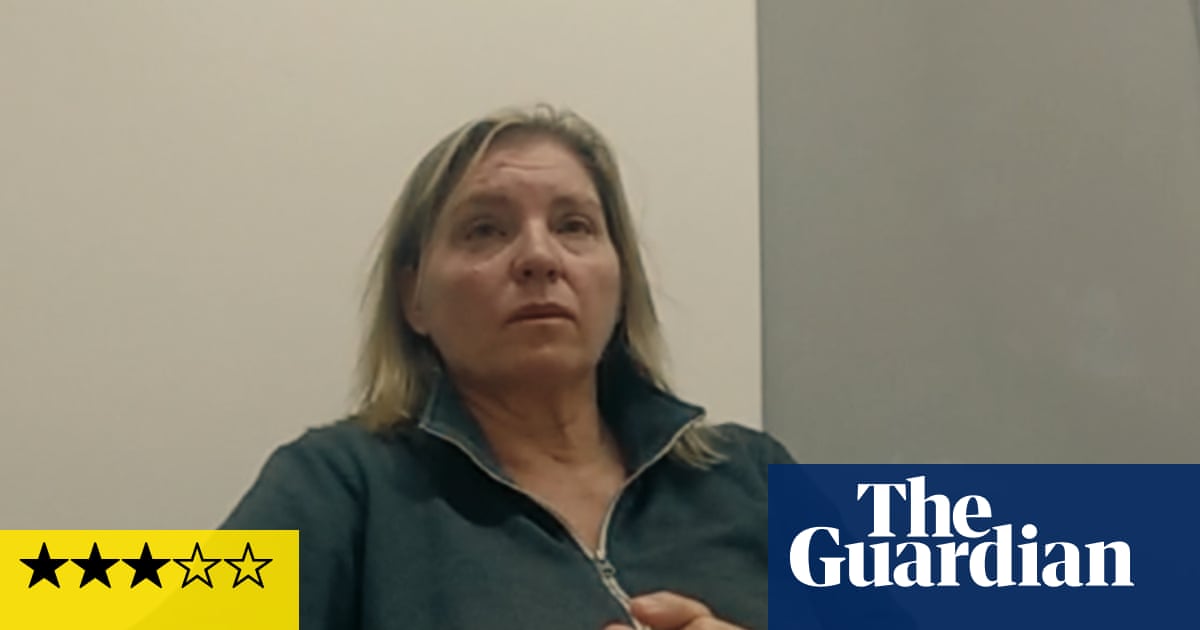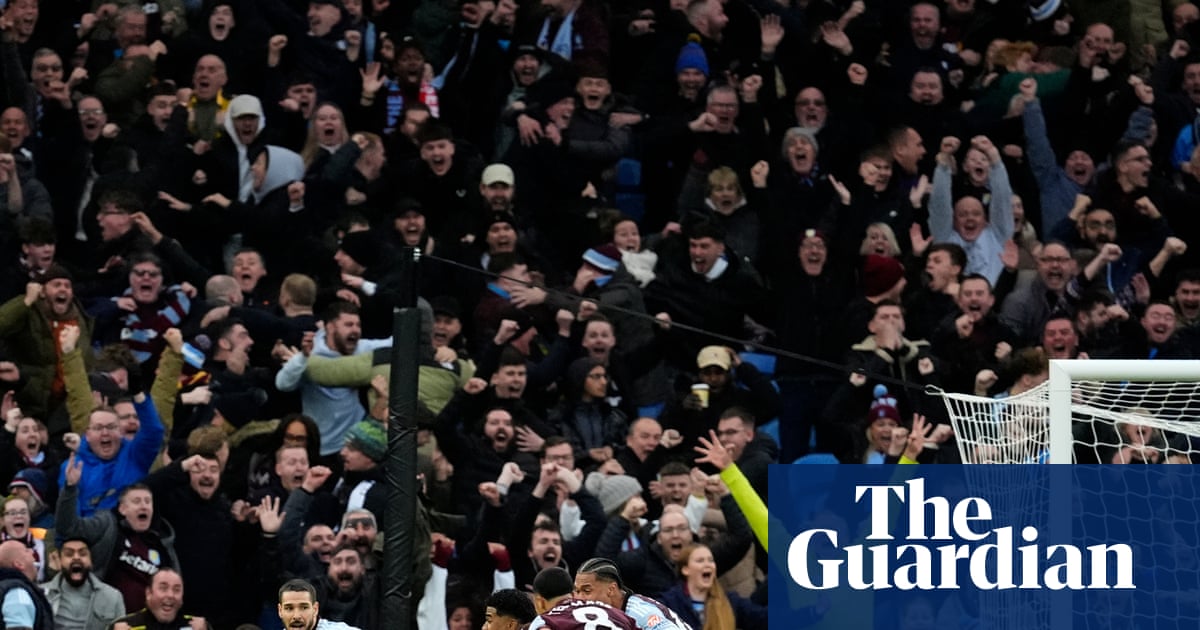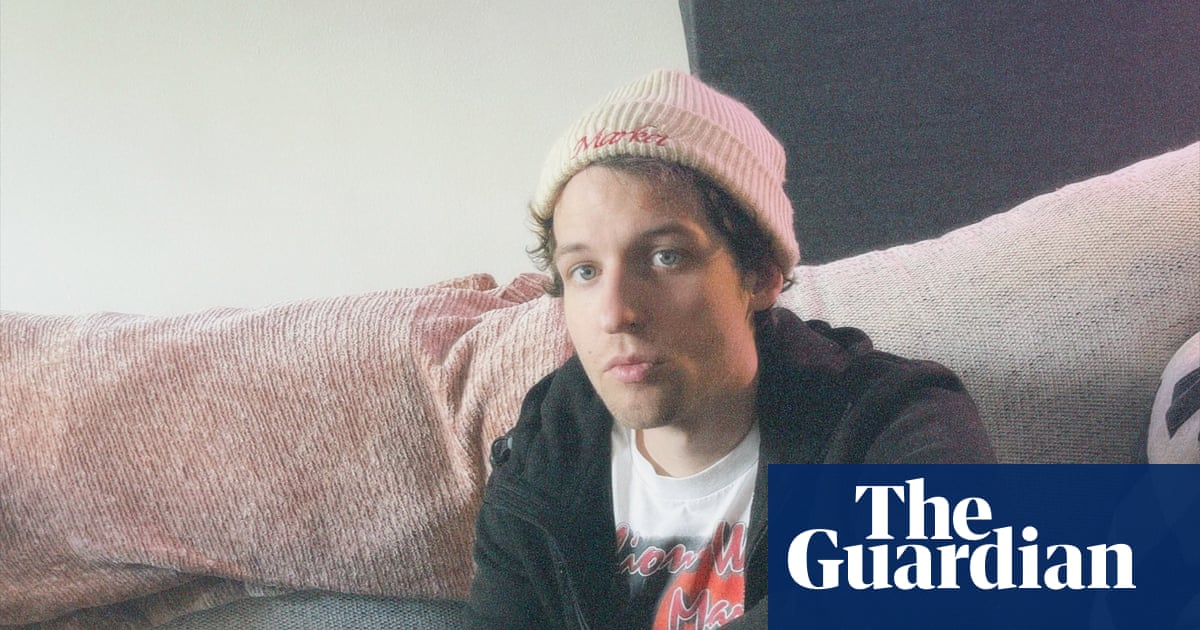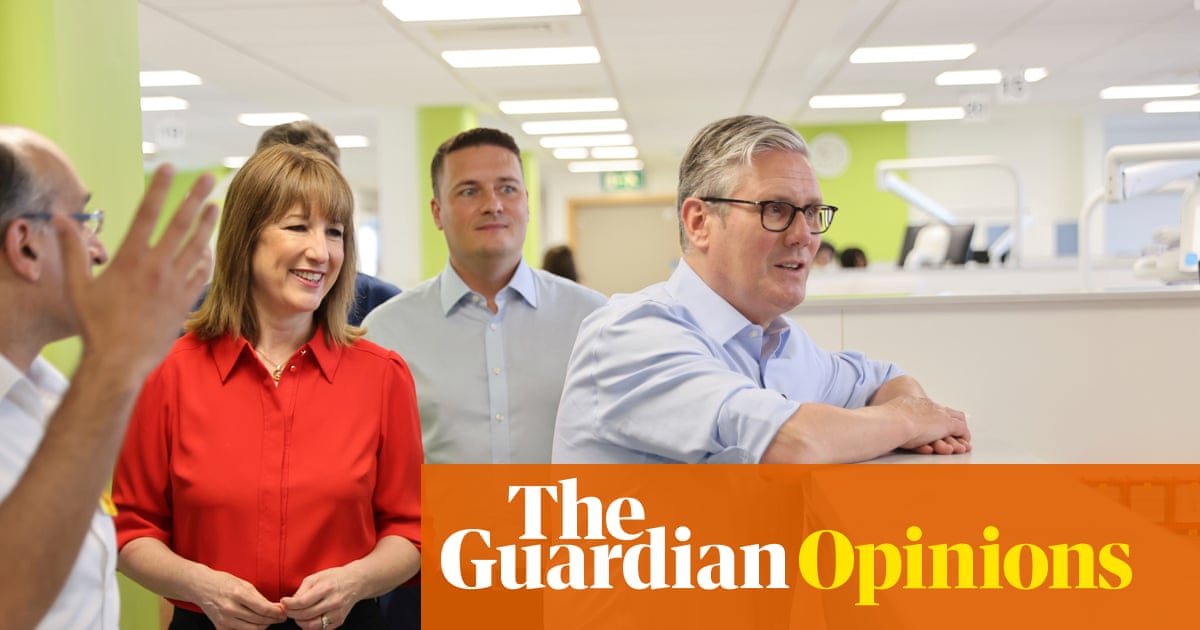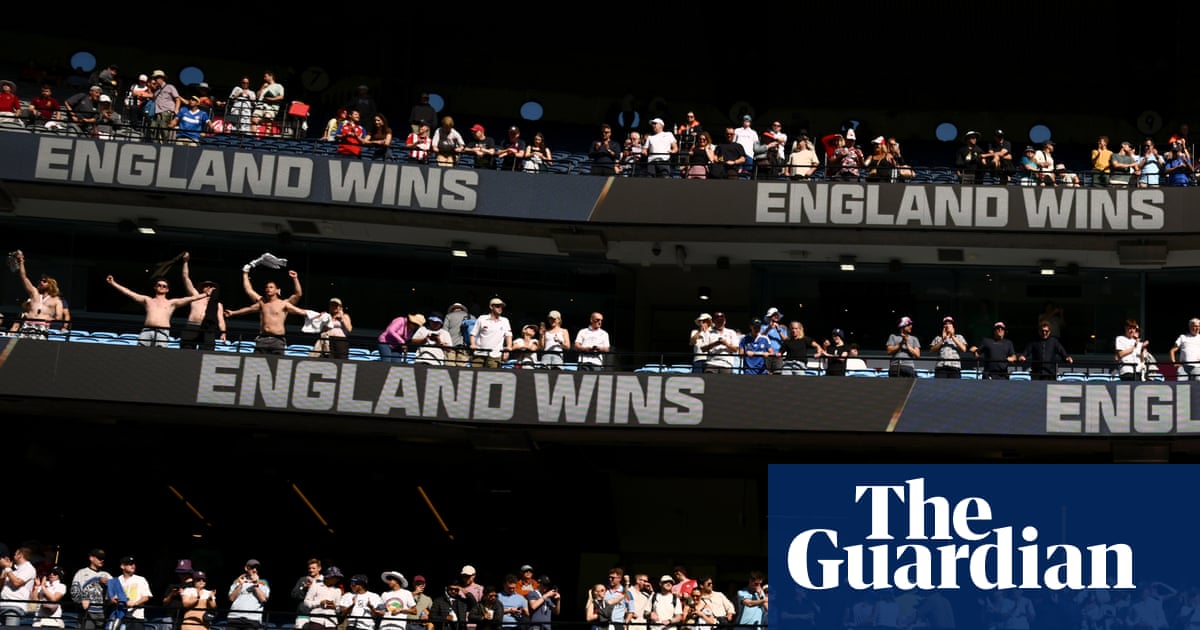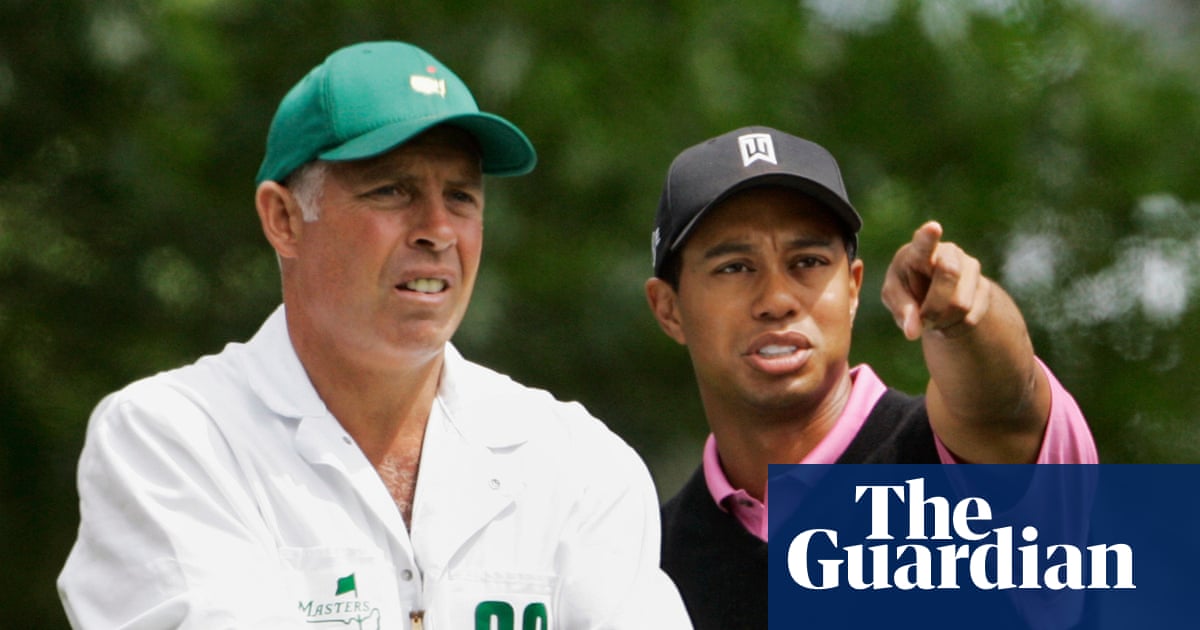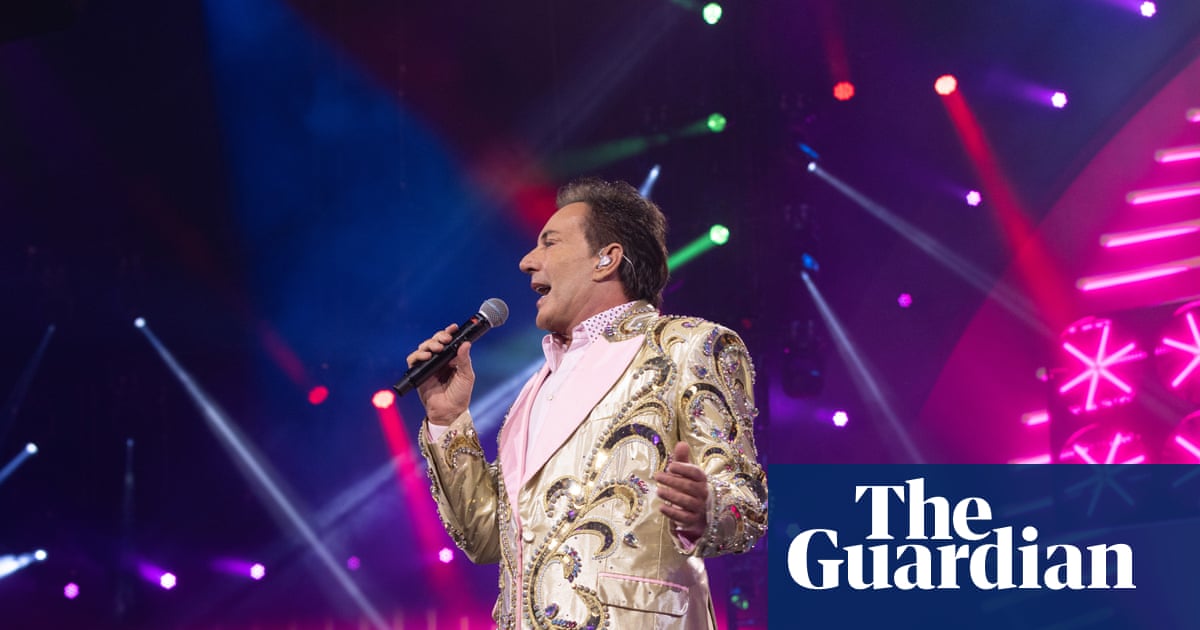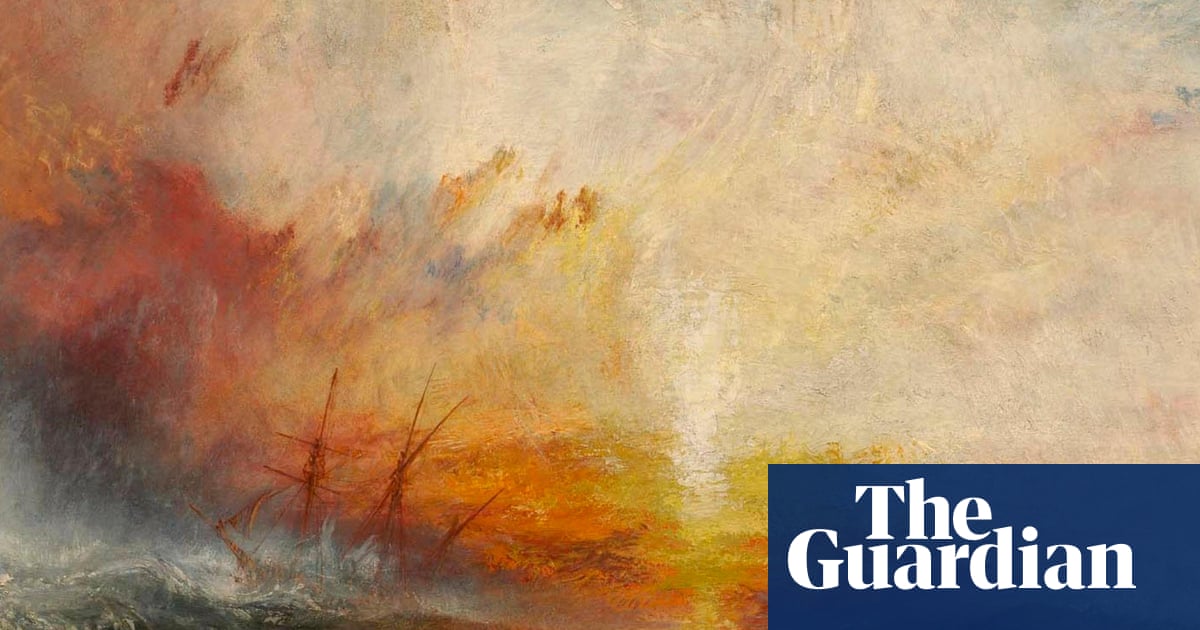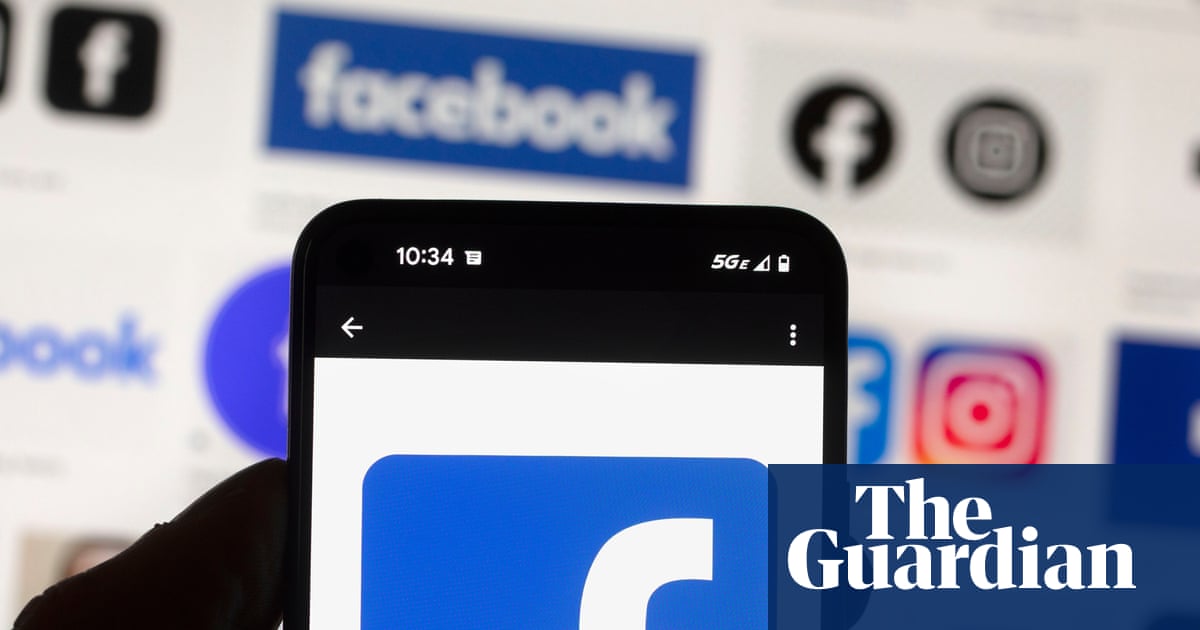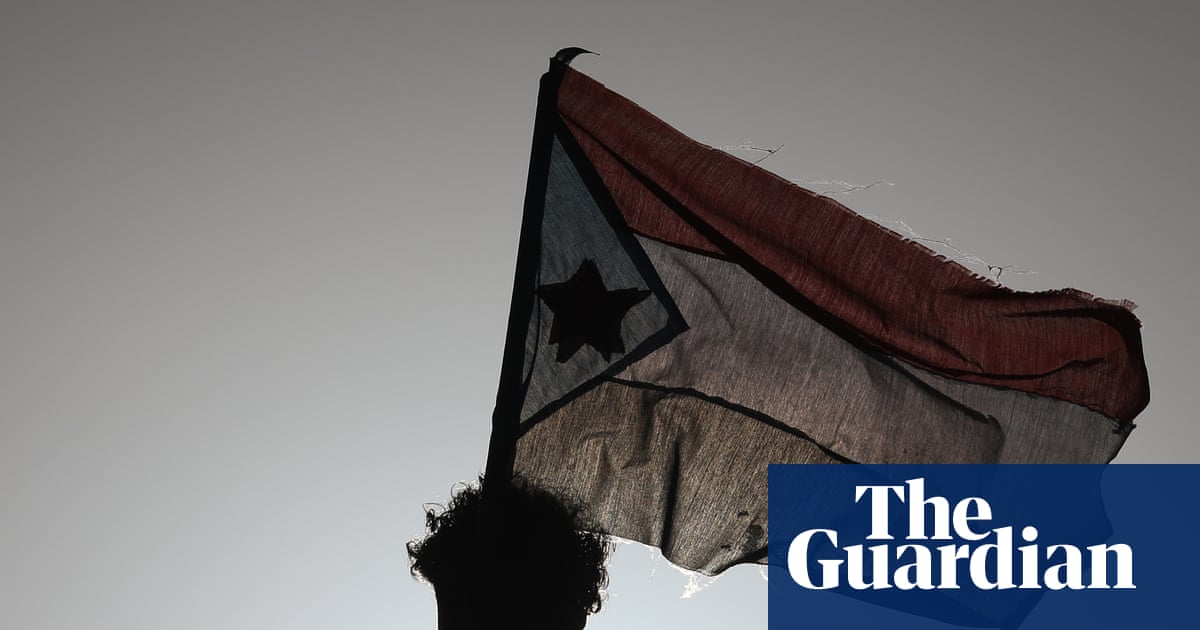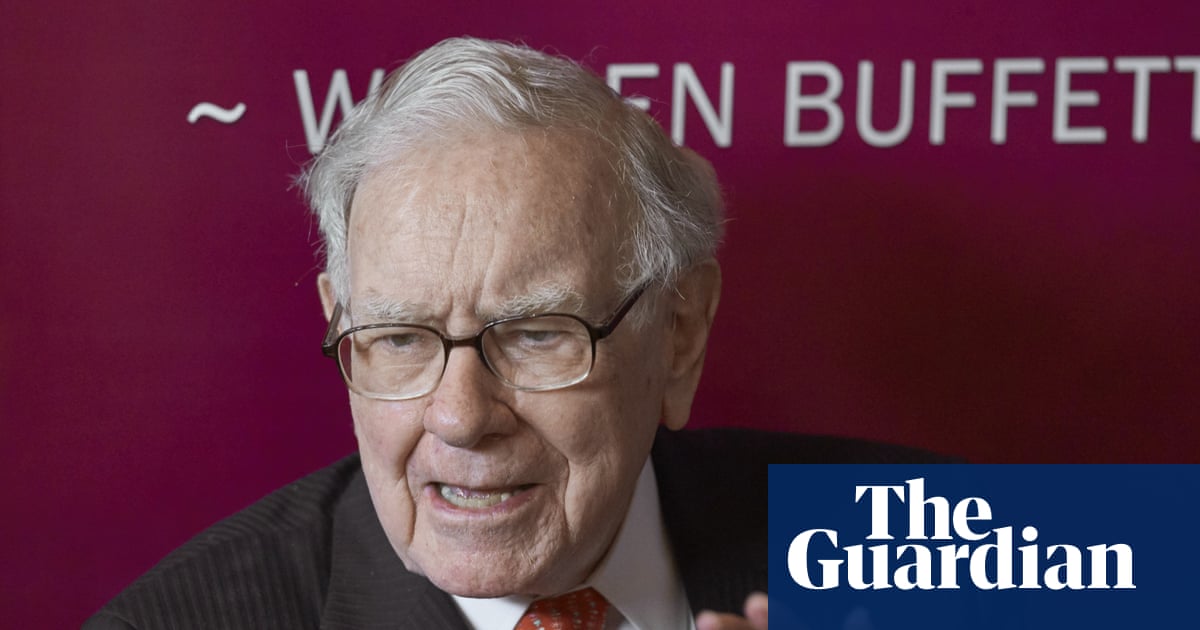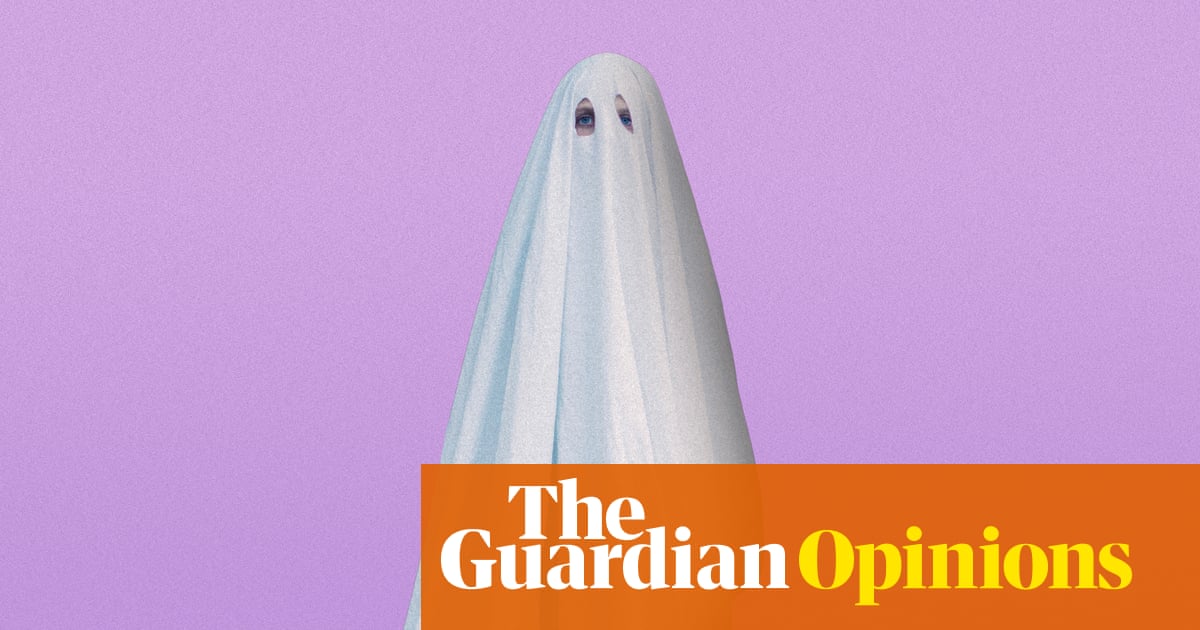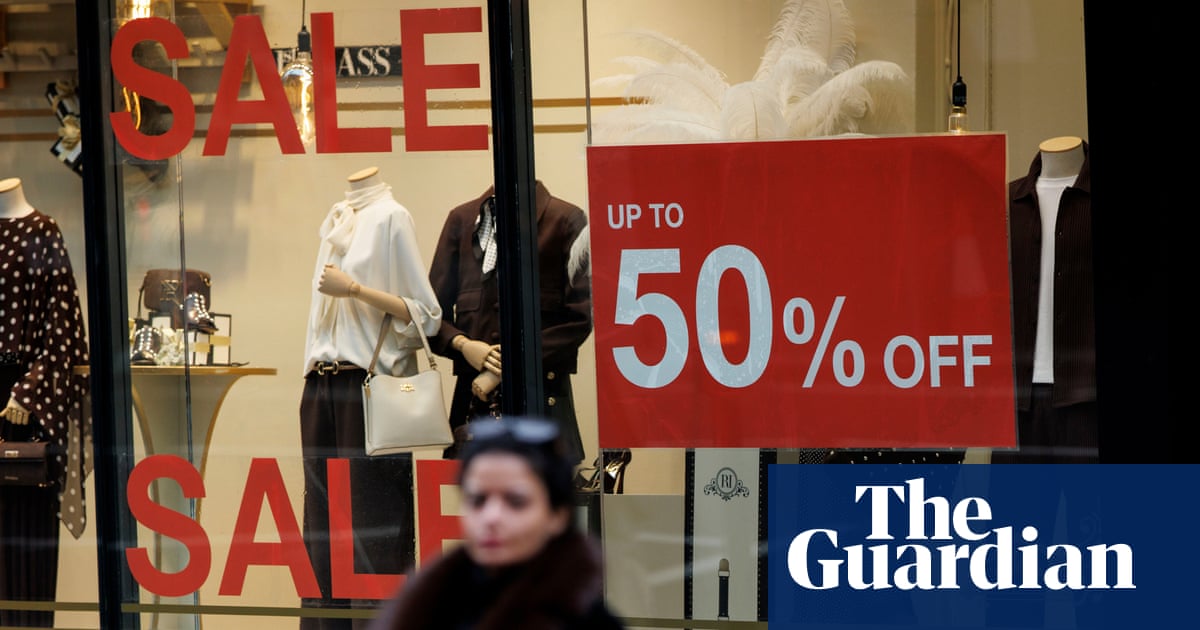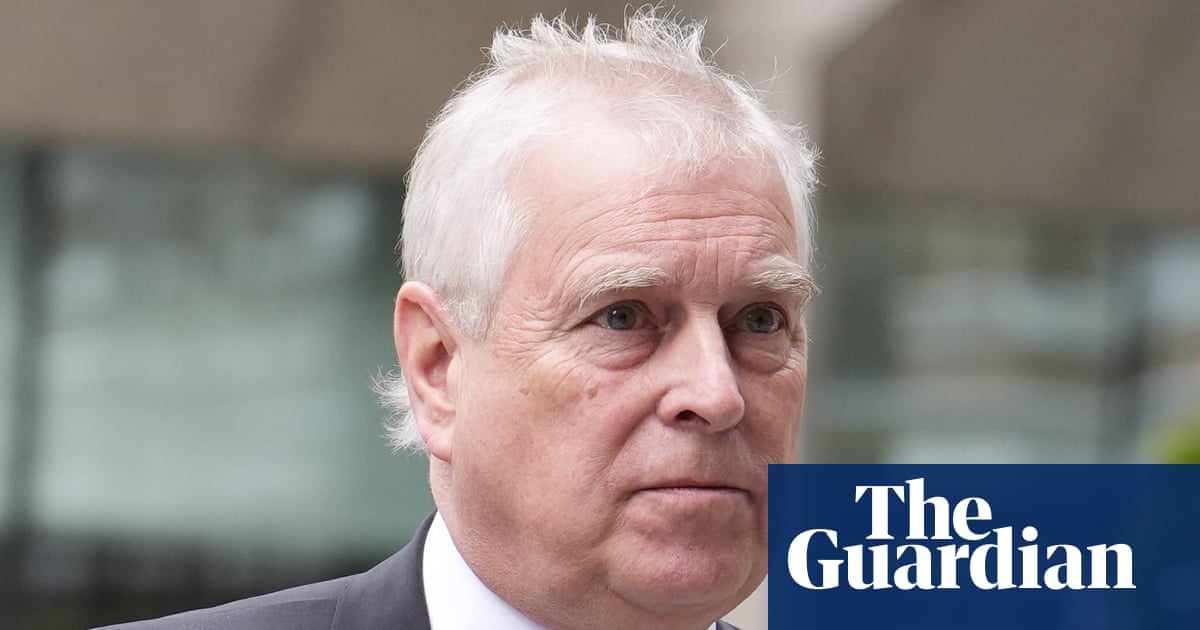Thirty-eight years separate pub landlords Coby Morton, 28, who runs the Dolphin Inn in Shrewsbury, and Jason Osborne, 66, who operates four pubs across the country, including the Raven in central London. In that time, our drinking habits and the fate of our pubs have changed dramatically. After a stagnant period in the 1980s, alcohol consumption soared in the late 1990s until, by 2004 – a year termed “peak booze” by The New Statesman – Britons drank 9.5 litres of alcohol per person.
In recent years, our appetite for drinking has dwindled, especially among young people. Earlier this year, a survey carried out by Savanta found nearly half (43%) of 18-34-year-olds in Britain do not drink alcohol. This, combined with rising costs, has had a huge knock-on effect on pubs. Last year, more than 400 shut their doors and in the first half of 2025, 200 more followed. Clearly, it’s a tricky time to be a pub landlord. Morton and Osborne tell us about the highs and lows of the profession today and in years past.
How did you become a pub landlord?
Coby Morton: I always wanted to run a pub, and I’d joke about it with my mates. I just didn’t expect to own a pub so soon. I got my very first job at the Dolphin Inn when I was 19, working behind the bar. Then I was made general manager and, three years ago, I was offered the tenancy myself so I took it on.
Jason Osborne: My parents used to have a pub/restaurant in Derbyshire. I always swore I would never get into the industry. Instead, I opened a photography lab, but then things went digital, which killed that line of work. I needed to find a new way to make a living and the only thing I really knew was pubs, so I bought one. This was back in the 1990s. Now I own four of them across the country.
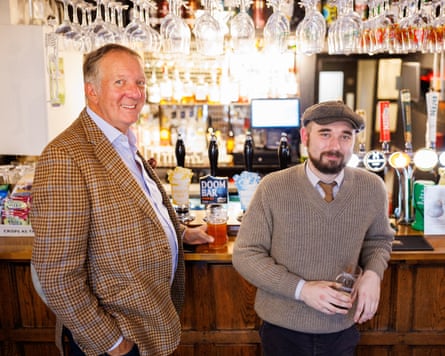
How have things changed recently?
CM: Every day of the week used to be booming. You could open the doors on a Monday and you’d have your lunchtime drinkers, your afternoon drinkers and then your evening drinkers. Now, especially from Monday to Thursday, people come in at about 5pm and they go home by about nine. Weekends are all over the place. To see that change is quite strange.
JO: Going back decades to my parents’ pub, I remember drinking changed when people started getting paid monthly rather than weekly. With weekly pay, they’d come in a lot more. Friday night was always the boys’ night and Saturday was the girlfriend night. Drinking was big. Things have shifted massively since, and Covid was a big gamechanger. I thought people would be rushing back because they’d been at home but it never really happened. Instead, they kind of trickled back.
CM: I don’t know if you’ve seen this, Jason, but the biggest change we’ve seen is that younger people aren’t drinking as much any more. When I was at uni, we were out all the time. Now, we’ve got young people who might come in on a Saturday with their partners or their friends, have a couple of drinks and then head home instead of staying out in town.
JO: I agree with that. We’ve also been selling a lot more low-alcohol beers for the more health-conscious. In London, we even have a running group that come in and join us. They get changed and leave their bags, which we lock away in a room. Then, after they come back from their run, they have a pint of alcohol-free Lucky Saint.
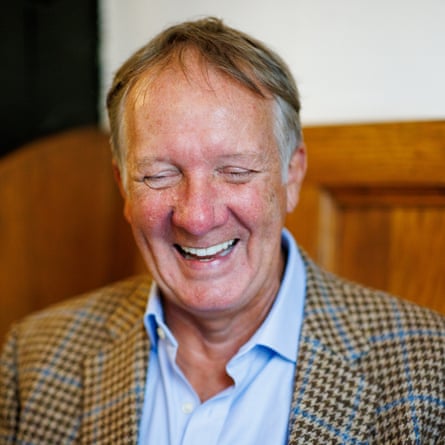
Last year, 400 pubs closed their doors. Do you worry about staying in business?
CM: I meet up with other pub landlords in the area and we’re all in the same boat. It has been a difficult 12 months. The big bars in Shrewsbury aren’t busy. I can name four pubs on this road that have shut down. We’re not doing anything wrong but people just aren’t going out as much. I do get scared but you have to keep soldiering on.
Aside from lower footfall, what other pressures do you face, Coby?
CM: We’ve had to stop operating the kitchen ourselves. Our gas bill rose by 500%, it was ridiculous. We did rent out the kitchen but we had to start charging high rents because of the energy costs. We also have a fireplace, which I hesitated to run because of the price of wood and log burners.
I don’t mean to be morbid, Coby, but do you see the pub still operating in five years’ time?
CM: I would like to see it: this is my home. But I’ve had chats with my parents, my closest friends and even customers who have all asked if I’m still enjoying it. I love my job and I am happy but I don’t see how this pub can carry on, even if you pop in a completely different person as landlord.
Coby, has being a pub landlord lived up to expectations?
CM: I didn’t expect the difficulties, especially the financial side and rise in utility costs. In hindsight, had I known the changes that were going to happen over the past five years, I don’t think I would have jumped into it. But I’m really glad I did and that I’ve stuck it out for as long as I have.
Jason, do you have concerns about your pubs too?
JO: I do worry about it and I know it’s tough. The bills, staffing and even Sky Sports costs are so expensive. Kitchens are also a problem, especially chefs, who can be notoriously difficult.
What other changes have you made to bring in new customers?
JO: I’ve actually made drinks more expensive, rather than less expensive, and it has helped make for a better environment. My pub, the Eclipse Inn in Winchester, was broken when I took it over. The only way to turn it around was to get different customers in. I raised the prices and it changed overnight.
CM: One of the biggest things I did was putting on more music events. They may not be the most profitable evenings because you’ve got to pay the bands, but they bring people in. Even if they’re not drinking pint after pint, it’s all about creating that home from home. We’ve also got a board game night – if you bring one in that I’ve never seen before I’ll give you a free pint – and even a knitting night. I would definitely encourage people to come in and sit by the fire to do some knitting. It doesn’t hurt having them in, even if they don’t drink, because it makes for a nice atmosphere.
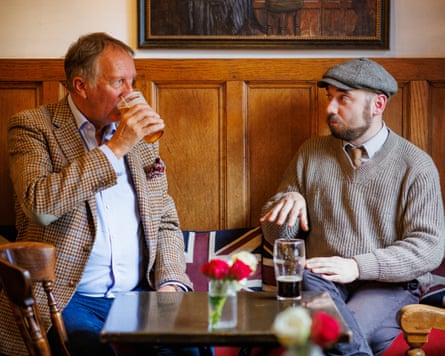
What music works well in a pub?
JO: I like AC/DC but I wouldn’t have it playing in the bar. You can’t really go wrong with 80s music, even the youngsters quite like it.
Can you recall any particularly rude or bizarre customers?
CM: We don’t really get rude customers but one time, when we were serving food, this table turned up half an hour late. We had sold out of nearly everything. At first, they said: “Sorry, we’re not sitting on these stools.” Their second complaint was that we had sold out of pork buns. The gentleman in particular was getting quite aggressive about it. I offered to buy them a nice bottle of white wine but they went: “Actually, I would have preferred Pinot Grigio.” They then went to the trouble of showing me their phone as they posted a one-star review online. At that point, I laughed and said: “No worries, have a great day, thanks for coming.” I was doing the killing them with kindness thing.
JO: It was getting late and there was a staffordshire bull terrier lying down on a jacket all alone. The owner had left. The dog was huge and it looked very menacing. I thought: “What am I going to do?” I searched the jacket for details of the owner but there was nothing. I took the dog upstairs and let it lie down on the jacket because, I assumed, it belonged to its owner. Soon after, a man came back to the pub and asked if I had seen his jacket. I said I had, and I have your dog too, but the man didn’t own a dog. It was sprawled out on somebody else’s jacket. The dog ended up spending the night with us on the bed. In the morning we put out a post on Facebook and people recognised the dog immediately. A few hours later, the owner was informed and he took his ever so scary pup.
Do you still have regulars?
CM: Frankly, they’re starting to pass away, but we do still have regulars. They are what makes a pub. When you have new customers walk in, they get to know the regulars, too. When they pop in the next time, they say: “Do you remember that guy with the geordie accent who was really loud?” He’s part of the furniture. Also, I know I’ve been a little bit negative on the youngsters not coming in, but those who do have made it their local.
JO: Regulars are great. I once had a situation where there was a gentleman misbehaving and I wandered over to get him to leave. Then the locals said: “Stand back, Jay, we’ve got this. This is our pub, we’ll sort it out.” I love it, because that’s how you know you’ve really made an impression.
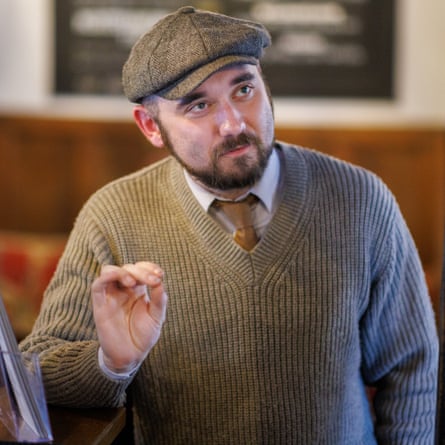
Have any romances started in the pub?
CM: One couple had their first date in the Dolphin Inn about a year and a half ago. A couple of months ago, they got married and, in between the church and reception, they stopped in for a quick pint. That was lovely, and it meant a lot to me. Me and Jason just look after these buildings, but for those people this pub will always be special. As Jason said, it’s their pub. We need these communal spaces to be kept alive to make sure these relationships continue to form.
JO: Two couples met in my Winchester pub. They held their receptions there. The brides came in their full wedding gowns and one groom wore a kilt. It’s nice that they want to rekindle those early days.
Have pubs become less social?
CM: People used to stand in every nook and cranny of this pub. To make your way to the toilet, you had to squeeze your way through. Now, no one wants to stand up. Everyone sits at their tables.
JO: People don’t stand at the bar any more and I think they are missing out, because that’s where the conversations tend to be. When you’re at a table, you’re not going to meet anyone. I can see that some people just want to talk to somebody and they might try to approach a table to chat. It’s not quite the same – it’s as if you’re invading their space. It’s quite sad.
What advice would you give to each other?
JO: You’ve got to be happy. You’ve got to smile. You’ve got to greet people like they’re a long-lost friend. And if they come in grumpy, our job is to make sure that they leave smiling. That’s what I try to do.
CM: Jason is obviously very experienced and he knows a hell of a lot more than me. I can’t wait to come down and visit the Raven, to be honest.
JO: Oh, you must come down. There’ll be a pint waiting for you on the bar.

 2 months ago
48
2 months ago
48
